Louis-André Richard is a doctor and professor of philosophy in Quebec.
Do you remember Harry Harrison's novel
Make room!
Make-room!
?
Perhaps you know best its adaptation to the cinema with the surprising title of
Soleil vert
?
The work tackles the problem of uncontrolled overpopulation, where space must be made at all costs!
One of the ways to achieve this is to offer everyone a "beautiful death", scripted to the client's personal taste.
There is this mythical scene, where Sol waits to be euthanized in a cozy room.
He finds himself immersed in the heart of a bucolic universe.
It is enveloped in projections offering nature a spectacle in an inspiring sound environment.
He dies with a smile on his face.
In Quebec, where I come from, we very quickly took the steps leading to the actualization of death at the request of citizens.
From 2010 to 2015, we carried out a public consultation, which led to the adoption of the current law 2. This established the political guidelines concerning the end of life.
Along with an affirmation of support for palliative care, the law legalized euthanasia.
She did this by coining the ambiguous phrase “medical assistance in dying”.
I say ambiguous because it refers to contradictory ideas.
Helping to die can be understood as a way of accompanying the patient until his natural death and this is the raison d'être of palliative care.
This can designate the fact of voluntarily causing death by homicide and it is the act of euthanasia.
Camouflaged in this way, it loses its violent character.
The words are sweet.
The thing is no less cruel.
In my winter country, we have gone so far as to include this act of euthanasia in the world of care.
However, by definition, all care aims to preserve its object, never to cause it to be suppressed.
But here is yet another contradiction to which we willingly put up with.
Thus, in the name of a superficial vision of compassion, we quickly put up with the confusion.
We did it by praising the merits of a so-called harmonious reflection, without militant conflict.
In reality, on these subjects of an ethical nature, the posture of a reflection without shock of ideas is inadmissible.
Reflection implies, to be well conducted, an incessant contradictory debate.
The issues of life and death brought to the table of public deliberation are serious.
In Quebec, our elected officials, unanimous but ill-informed,
During the Parliamentary Commission in 2010, a majority of people involved in palliative support were against legalizing euthanasia.
Louis-Andre Richard
However, the dialectical conversation had still taken place in Quebec.
It was before the vote in the chamber.
During the Parliamentary Commission on the question of dying with dignity in 2010, the equivalent of the citizens' convention in France.
On this occasion, we conducted a respectful exercise of the arguments deployed for and against the legalization of euthanasia.
What was the result of the operation?
A majority of people involved in palliative support were against legalizing euthanasia.
This contrasted with the opinion of others who were rather favorable.
This paradox, the same that we find with you today, establishes the observation of a question that is too important to be badly posed.
How to discern the appropriate political framework to support the end of life of fellow citizens?
Clairvoyance in these matters implies paying special attention to the palliative experience.
The people involved are in the best position to help us make the right decisions.
They have been dealing with the tragedy of the end of life on a daily basis for years.
Their reluctance to legalize any form of active assistance in dying is based on this concrete practice.
In Quebec, listening was polite but nothing more.
Our current political leaders went where they had previously decided to go anyway.
Such is the weight of ideology against understanding in the council of directions to take.
It is illusory to claim that palliative support will benefit from a law authorizing euthanasia, under the pretext that we will commit to making it more available and better funding it.
In fact, the structures are made heavier by adding a practice, requiring training and regulation.
In a system already lacking in resources, in Quebec as in France, it is illusory to promise to do more with less!
There is also the risk of an effective loss of the palliative culture.
Acquiring competence in these matters is a slow process.
It is an art in its own right.
In our universities, the young doctors we train at the time of the decriminalization of euthanasia have fewer reasons to invest themselves in the long process of palliative learning.
They don't
From an intention to take care of rare refractory suffering, we quickly move on to easy access to assisted suicide.
Louis-Andre Richard
Also false is the assertion that the granting of euthanasia, politically instituted, would contribute to making social life in general more humane and fairer.
By staging and highlighting extremely rare singular cases, we come to make the exception the criterion of the norm.
So these new laws are not really a means of expressing empathy or solidarity.
They are also changing rapidly.
From an intention to take care of rare refractory suffering, we quickly move on to easy access to assisted suicide.
I want proof that in Quebec we have gone from six cases in 2015 to 3663 in 2022!
The proof of this is the speed at which eligibility is expanding.
We are constantly expanding the scope of the law's applicability.
Established for patients at the very end of life, it is claimed for those suffering from chronic pathologies, for those suffering from mental disorders and soon for children.
By virtue of a superficial pragmatism, we reject serious reflection on these decisive issues and we allow ourselves to be led as far as the legal abolition of a fundamental prohibition structuring common life.
What I like about France and the French is your ability to debate.
You have proven this regularly.
So when it comes to discerning what is suitable to mark out a truly human end of life, you will avoid the pitfalls of received ideas.
You will give its rightful place to the weight of the arguments of the world of palliative care against the pressure of a form of political religion.
In Harrison's dystopia, depictions of bucolic and seemingly seamless assisted suicides are staged.
Under the guise of a well-refined aesthetic and fine-tuned, a new kind of rite is established symbolizing the archetype of the right way to die.
In Quebec, there are many opportunities in the media to relay testimonials along these lines.
Why this need?
The question deserves
be asked.
Perhaps we are engaged in a dynamic of the reversal of man against human.
No one is forcing France to follow in the footsteps of the dominant ideology.
It is as a grateful cousin that I allow myself to invite you to resist it!


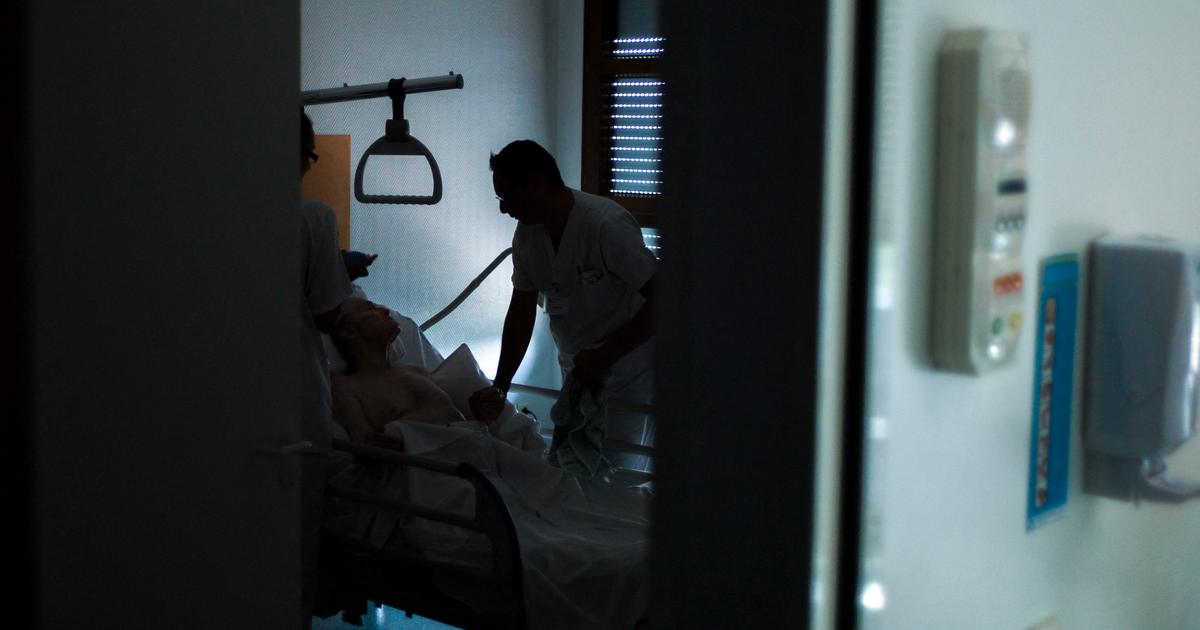
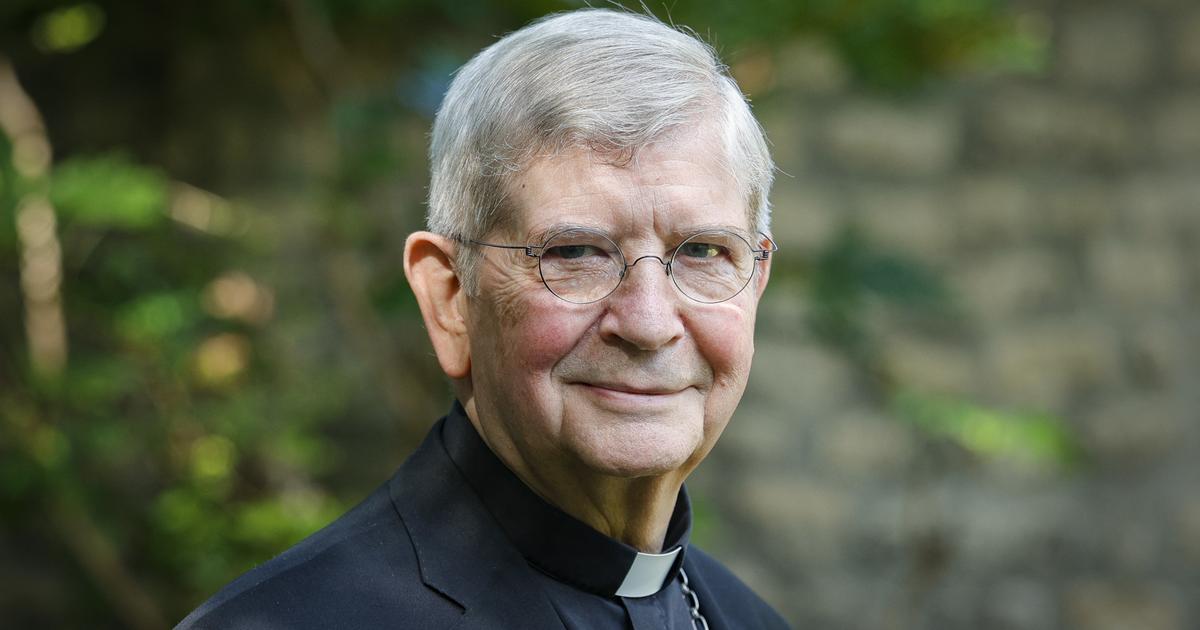
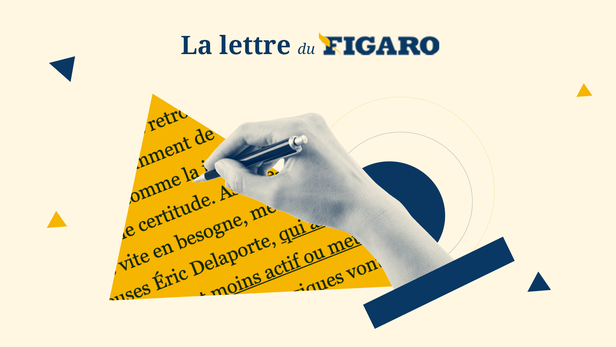
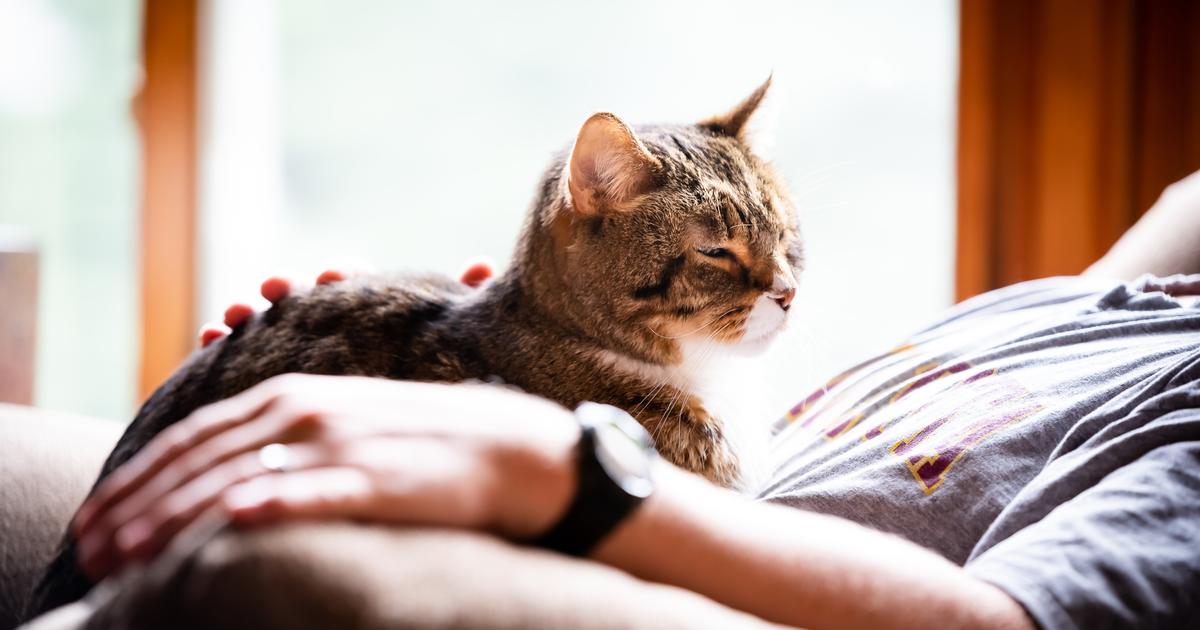
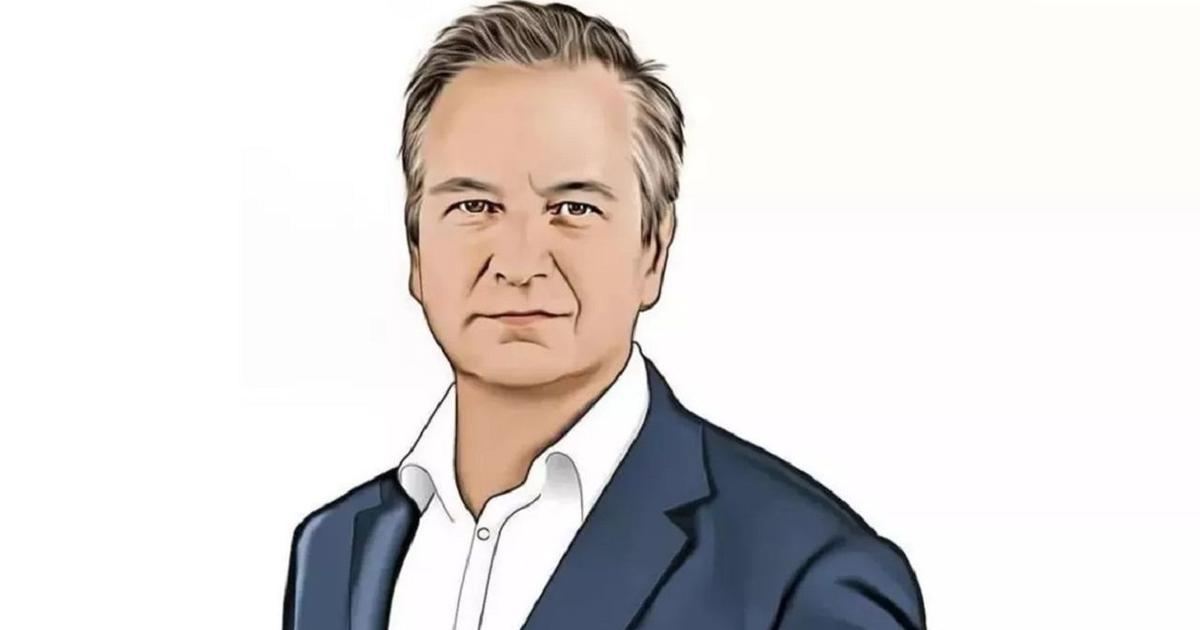

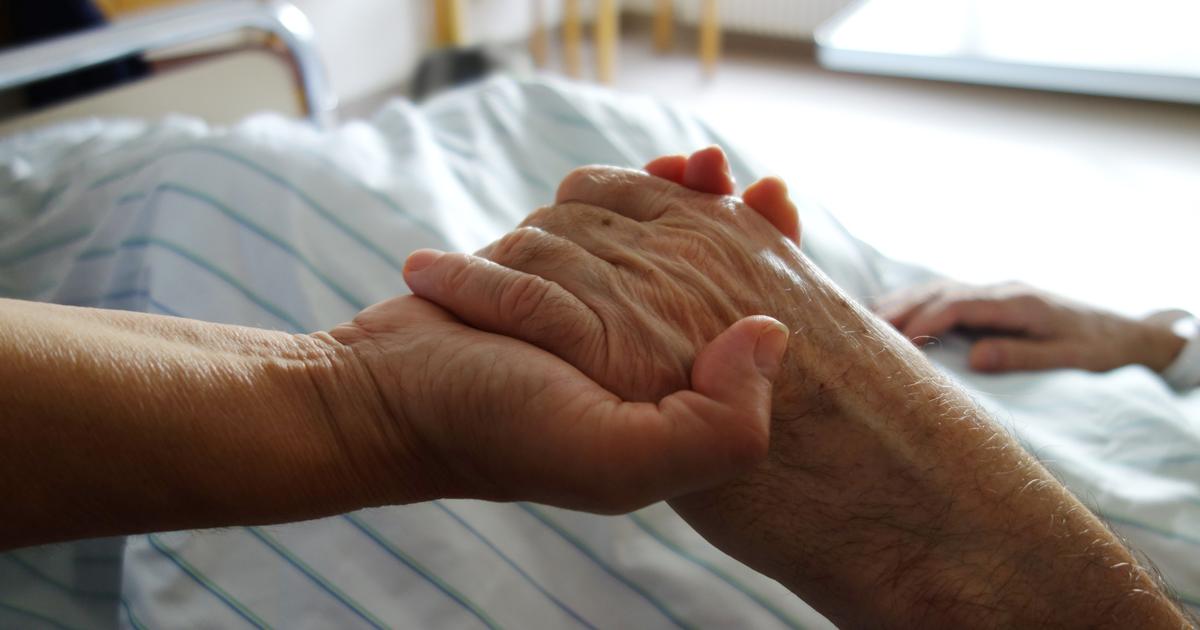
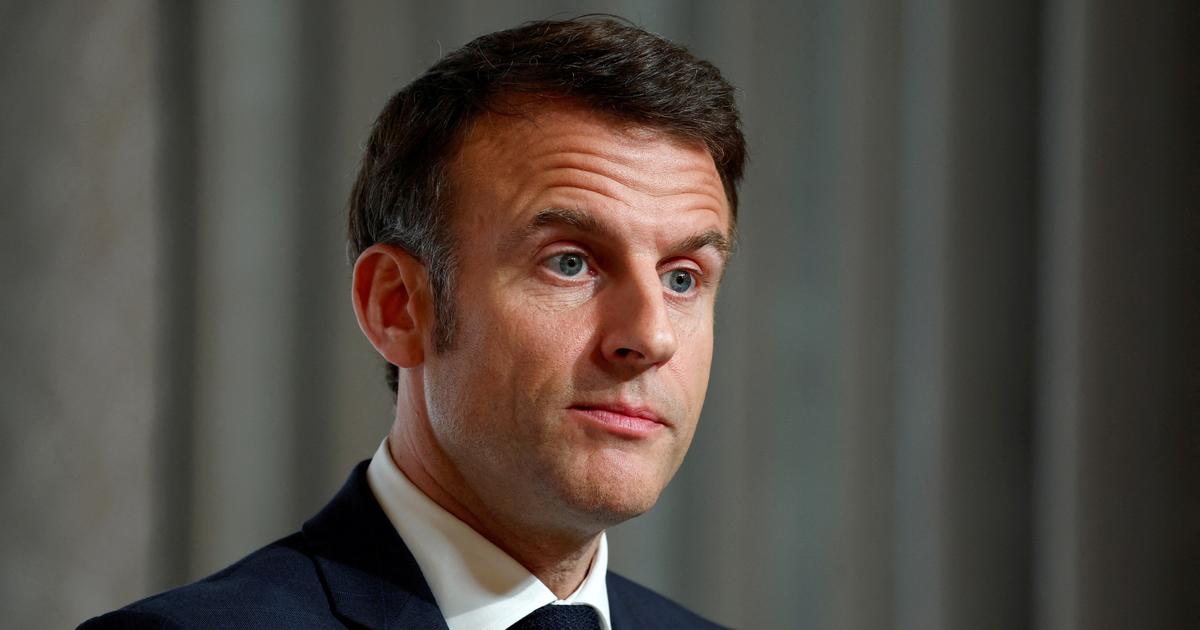

/cloudfront-eu-central-1.images.arcpublishing.com/prisa/KMEYMJKESBAZBE4MRBAM4TGHIQ.jpg)


/cloudfront-eu-central-1.images.arcpublishing.com/prisa/EXJQILQR5QI7OMVRTERD7AEZAU.jpg)
